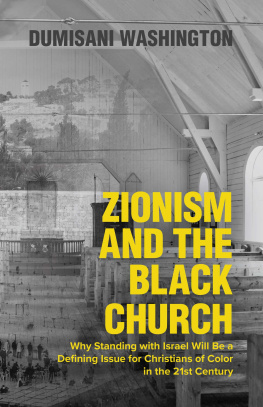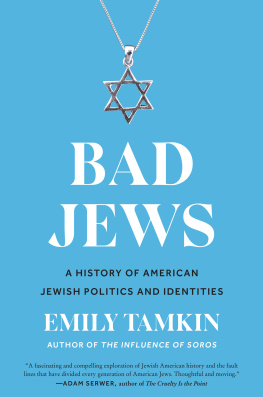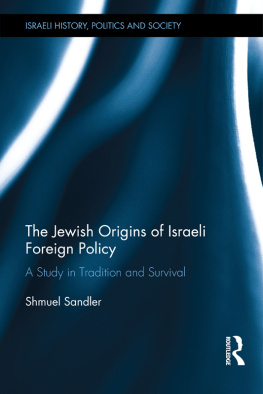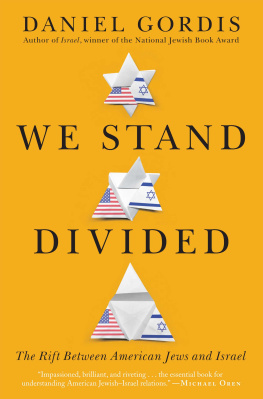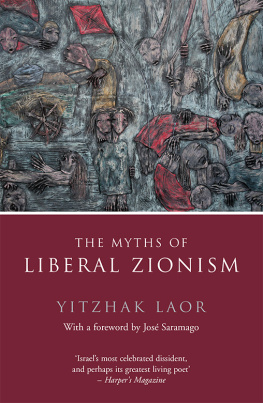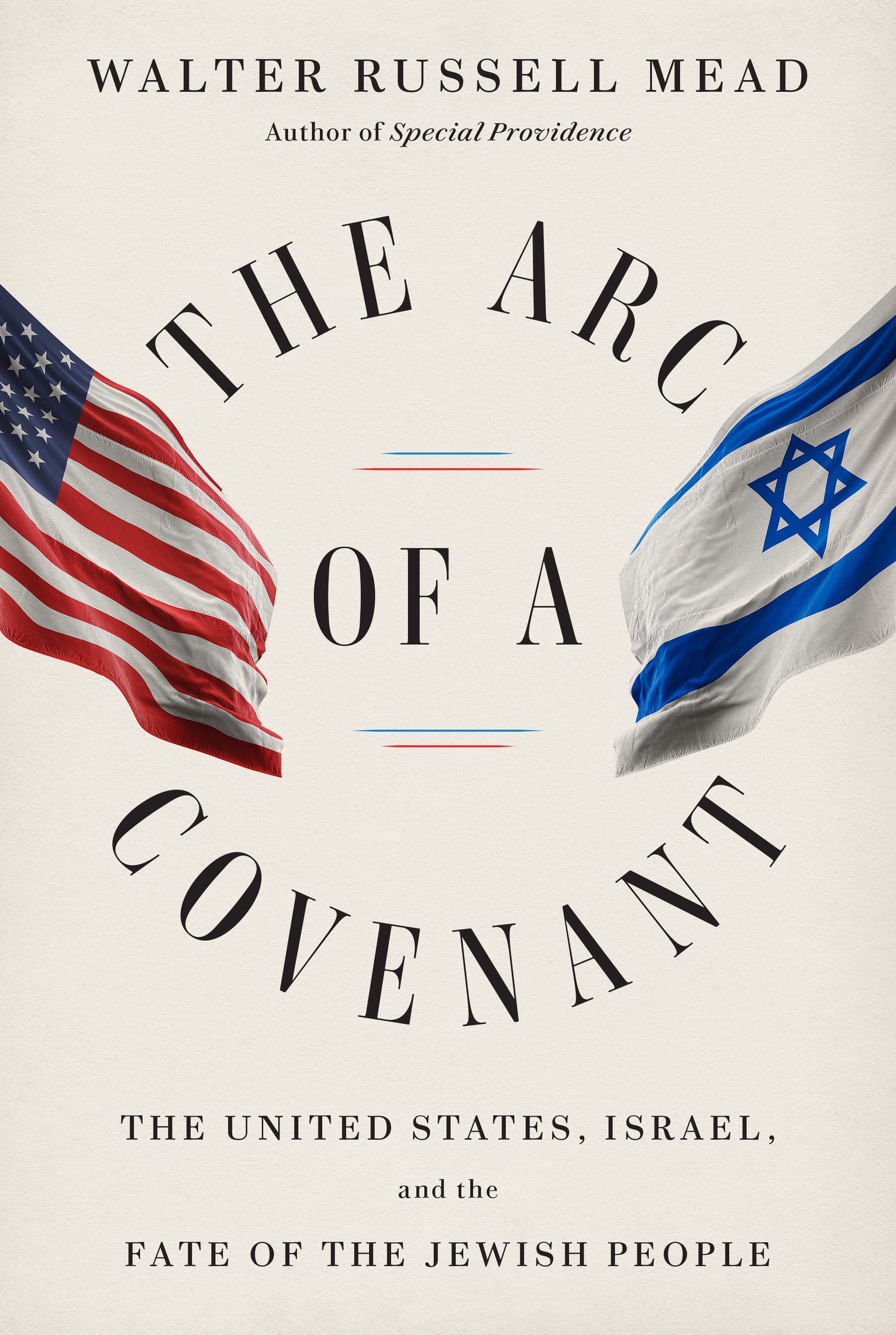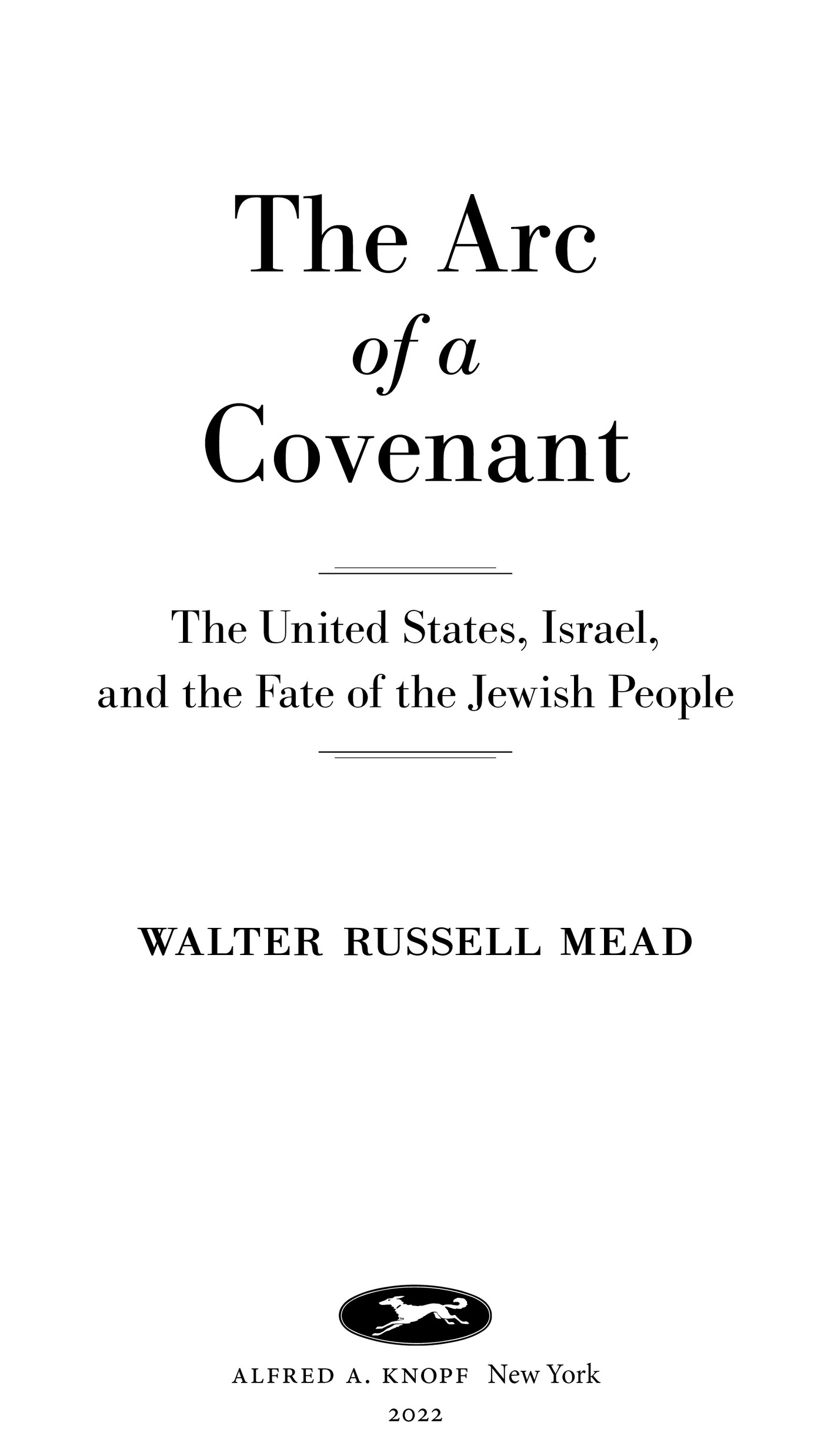ALSO BY WALTER RUSSELL MEAD
God and Gold
Power, Terror, Peace, and War
Special Providence
Mortal Splendor
THIS IS A BORZOI BOOK PUBLISHED BY ALFRED A. KNOPF
Copyright 2022 by Walter Russell Mead
All rights reserved. Published in the United States by Alfred A. Knopf, a division of Penguin Random House LLC, New York, and distributed in Canada by Penguin Random House Canada Limited, Toronto.
www.aaknopf.com
Knopf, Borzoi Books, and the colophon are registered trademarks of Penguin Random House LLC.
Library of Congress Cataloging-in-Publication Data
Names: Mead, Walter Russell, author.
Title: The arc of a covenant : the United States, Israel, and the fate of the Jewish people / Walter Russell Mead.
Description: First edition. | New York : Alfred A. Knopf, 2022. | This is a Borzoi Book published by Alfred A. Knopf. | Includes bibliographical references and index.
Identifiers: LCCN 2021037997 (print) | LCCN 2021037998 (ebook) | ISBN 9780375414046 (hardcover) | ISBN 9781101946985 (ebook)
Subjects: LCSH : Arab-Israeli conflict. | ZionismUnited States. | Religion and politicsUnited States. | United StatesForeign relationsIsrael. | IsraelForeign relationsUnited States. | IsraelStrategic aspects. | United StatesPolitics and government.
Classification: LCC E 183.8. I 7 M 423 2022 (print) | LCC E 183.8. I 7 (ebook) | DDC 327.7305694dc23
LC record available at https://lccn.loc.gov/2021037997
LC ebook record available at https://lccn.loc.gov/2021037998
Ebook ISBN9781101946985
Cover photographs by Oleksii Liskonih /iStock/Getty Images
Cover design by Mark Melnick
ep_prh_6.0_140380697_c0_r0
To Ravenel B. Curry III
May the father of all mercies scatter light and not darkness in our paths, and make us all in our several vocations useful here, and in his own due time and way everlastingly happy.
G EORGE W ASHINGTON, Letter to the Hebrew Congregation in Newport, Rhode Island, 18 August 1790
1
The Mystery of Zion
A t a time when so many books are being written, and so many of them are so long, the reader of any book is entitled to ask why it had to be written at all and, if the book absolutely had to exist, why it couldnt have been shorter.
That is particularly true when it comes to books about the U.S.-Israel relationship. There are few subjects in American foreign policy that get as much attention as the relationship between the worlds only Jewish state and the global superpower. Professors and students offer teach-ins and hold demonstrations on university campuses; pastors, rabbis, and imams speak about it from the pulpits; politicians make speeches; candidates get questioned on Middle East policy during election debates; think tanks issue voluminous reports; foundations sponsor a never-ending deluge of roundtables and panel discussions; journalists report and talking heads debate. Enough books on this subject have been published to fill a respectable library; do we really need another one?
I believe we do. One hates to belabor the obvious, but American diplomacy in the Middle East in recent decades has neither been wreathed in glory nor crowned with success. War in Iraq, war in Afghanistan, an ill-considered humanitarian Libyan intervention that led to years of chaos, a generation of failure for the Israeli-Palestinian peace process, helplessness in the face of Irans drive for regional hegemony, failure to prevent a malignant Russia from reentering the Middle East: Americans and the peoples of the Middle East alike deserve better.
When we look at the intense national debate over Middle East policy and, especially, over our policy toward Israel, the discussion is often angry, accusatory, and simplistic. One thinks of the lines from The Dunciad in which Alexander Pope attacks an untalented poet of the day by comparing his poetry to bad beer:
Flow, Welsted, flow! like thine inspirer, beer,
Tho stale, not ripe, tho thin, yet never clear;
So sweetly mawkish, and so smoothly dull;
Heady, not strong; oerflowing, tho not full.
Sweetly mawkish and smoothly dull is not, unfortunately, a bad description of a large portion of a national Middle East policy conversation that is often emotionally dense but intellectually thin. Proponents of a close U.S.-Israel relationship use phrases like the only democracy in the Middle East more as slogans than as serious arguments, and they often presuppose an identity of interests between the United States and the Jewish state that, to me, sometimes seems to represent wishful fantasy more than rigorous thought. Some of the critics of the relationship are much worse, resorting to overheated, under-thought-out polemics about a shadowy, all-powerful Israel lobby, a perspective that owes more to antisemitic stereotypes than to disciplined policy analysis.
The peace process between Israelis and Palestinians was central to the foreign policy of every American president from George H. W. Bush to Donald Trump. But for all the obsessive attention that the peace process sometimes receives, few Americans understand how politically difficult and morally complex the seemingly simple goal of a peace agreement actually is, or why so prolonged and so indefatigable a series of American efforts should have produced so much more process than peace. Never in American history have so many presidents of so many points of view expended so much effort and political capital on a single objectiveand never has so signal a failure in American foreign policy led to so little meaningful reflection and change.
There might have been a time when the United States could afford to fritter its political and economic resources away on vanity projects in the region. But at a time of growing international competition overseas and political polarization at home, the United States must think more wisely and act more deliberately, in the Middle East as elsewhere. That wont happen unless more Americans understand the real history of their relationship with the Jewish state, the cultural and political importance of the Jewish national movement known as Zionism in American life, and the relationship of our Israel policy to American strategy worldwide.
With these thoughts in mind, and concerned about the way both sides of the Israel debate resort to efforts to cancel their opponentsto block speakers, harass people on social media, deprive academics of their posts, and otherwise limit free discussion of an important and complex questionI set about what I originally thought would be the simple task of writing a short, clarifying book about the nature and sources of American sympathy for the Zionist movement and the Jewish state. Among other things, I hoped that this book would discredit the antisemitic legend that falsely attributes American support for Israel to the machinations of a secretive and all-powerful Jewish lobby.
That was the plan more than a decade ago when I started the research for The Arc of a Covenant. But two things happened that disrupted my plan. The first was that writing this book turned into a significantly greater challenge than I expected. The conventional narratives about the relationship were often off base and sometimes flat wrong. To get the story straight I was going to have to take on both pro-Zionist and anti-Zionist legends that have obscured the historical record.




